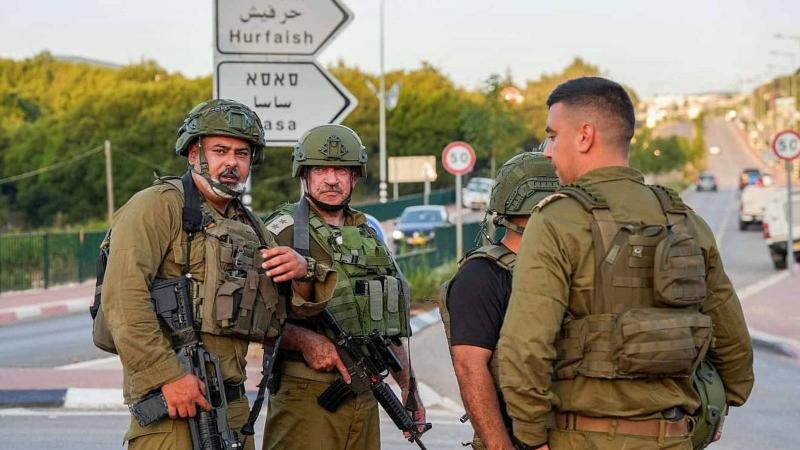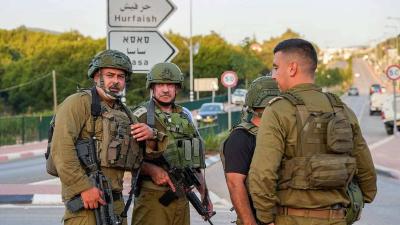All circles in the region and the world are anticipating the scenarios and forms of the Israeli response to the missile attack on "Majdal Shams" in the occupied Syrian Golan, for which both the United States and Israel hold "Hezbollah" responsible, despite Hezbollah's denial. By analyzing the data and circumstances surrounding the region, particularly between Israel and "Hezbollah" since the war on Gaza began on October 7 of last year, it can be concluded that Israel may not need new justifications to target "Hezbollah" in southern Lebanon.
A few days after the Gaza war began, "Hezbollah" launched several attacks on Israeli sites, and Israel responded with artillery strikes on Hezbollah positions and carried out aerial attacks targeting several Hezbollah leaders. The exchange of fire between the two parties has continued to this day.
Some observers argue that given the operations conducted by "Hezbollah" against Israel concerning targeted sites or weapons used, the most realistic analysis suggests a potential technical error related to guidance or other technical reasons leading to the missile landing in the Druze town of Majdal Shams, especially given the short distance of no more than 12 km. Additionally, "Hezbollah" has no interest in specifically targeting that area, which is inhabited by the Druze community in the occupied Syrian Golan, which explains the party's quick denial of launching the missile just minutes after it fell.
Amid regional and international calls to avoid expanding the war and to contain the ongoing events on Israel's northern front, this incident represents a timely opportunity for Netanyahu to alleviate the pressures in this direction and to deliver a strong blow to the "Hezbollah" militia in southern Lebanon, especially since the Israeli government and military are emphasizing in their narrative about the incident that it was a direct targeting of civilians, marking the most significant attack since the strikes by "Hamas" and other resistance factions in Gaza on October 7.
Netanyahu hastily returned to Israel from the United States, despite the importance of the visit, stating that "Hezbollah" will "pay a heavy price for this attack, which it has not paid until now." The security cabinet and Defense Minister Yoav Galant have authorized Netanyahu to decide on how and when to respond.
Observers affirm that despite Israel conducting several airstrikes on villages near the city of Tyre in Lebanon and in the Bekaa region in eastern Lebanon following the missile attack on Majdal Shams, and the announcement by the National Security Council in the White House that it is in discussions with Israeli and Lebanese counterparts and working towards a diplomatic solution "to end all attacks once and for all," statements from Netanyahu and Galant indicate that Israel is preparing to deliver a significant blow to "Hezbollah."
The Israeli army announced that Chief of Staff General Herzi Halevi held a meeting to assess the situation and approve military plans for the northern front. In response, "Hezbollah" declared a state of heightened alert and evacuated some important sites in southern Lebanon and the Bekaa Valley in eastern Lebanon in anticipation of the Israeli attack.
Israel fully understands the capabilities of "Hezbollah" and the stockpile of weapons it possesses, as well as the possibility of Iranian intervention in some form if Tel Aviv carries out a comprehensive military operation with aerial and ground assaults, especially given its engagement on the Gaza front, which consumes a large part of its military efforts.
Based on the analysis and tracking of Israel's military operations in response to concurrent events and attacks, particularly during the Gaza war such as the Houthi attacks, the most anticipated scenario is that Israel will exploit its air superiority to execute concentrated, heavy airstrikes that may last several days, targeting the infrastructure of "Hezbollah," in addition to weapon storage depots and troop concentration sites. The expected results would not be catastrophic and should not lead to a regional war, especially since Tel Aviv has informed the relevant parties about the strike and its objectives. Meanwhile, intelligence agencies will work on intense tracking operations to locate and target Hezbollah leadership directly with airstrikes.




